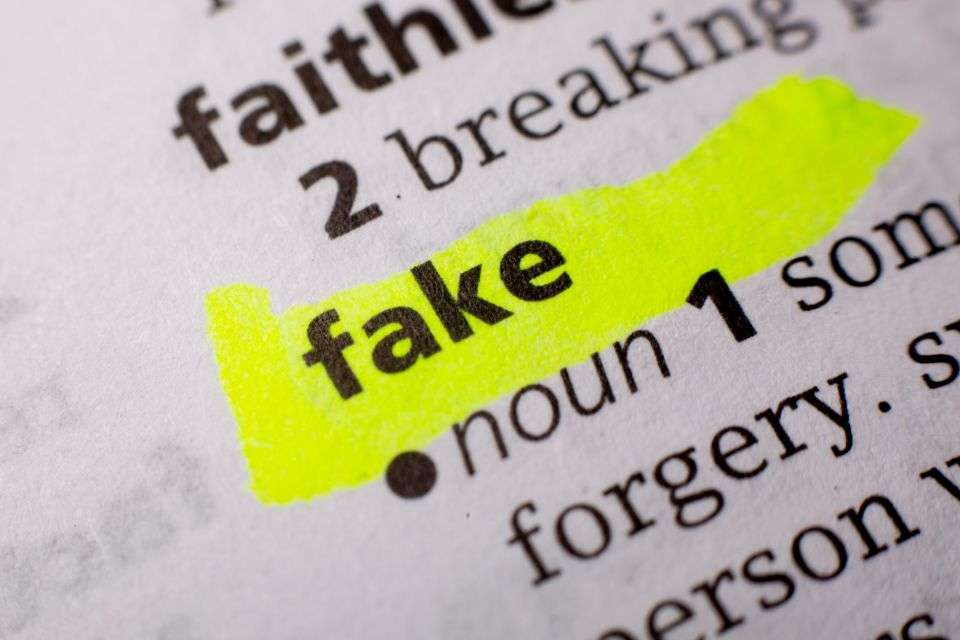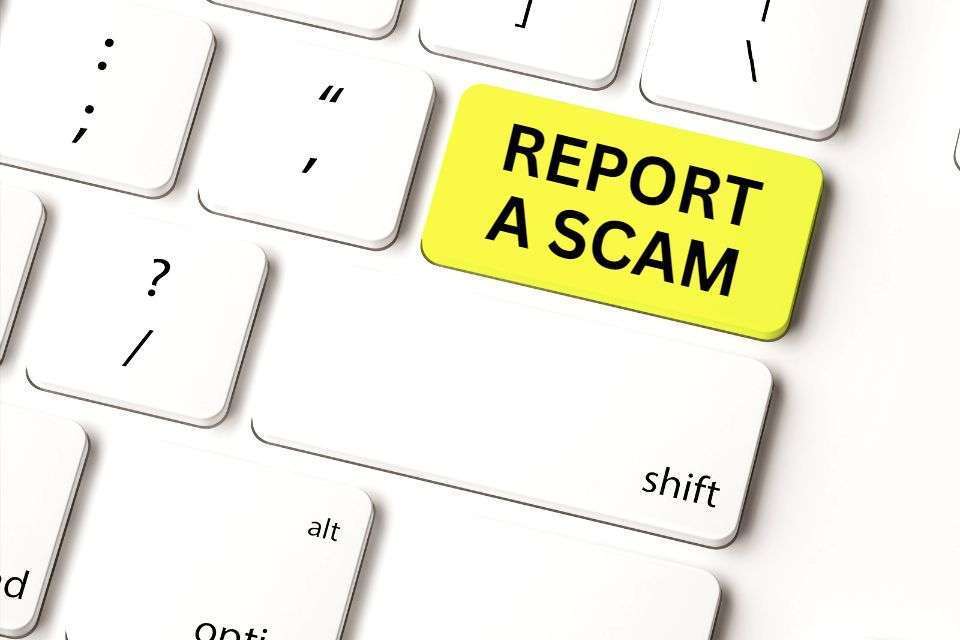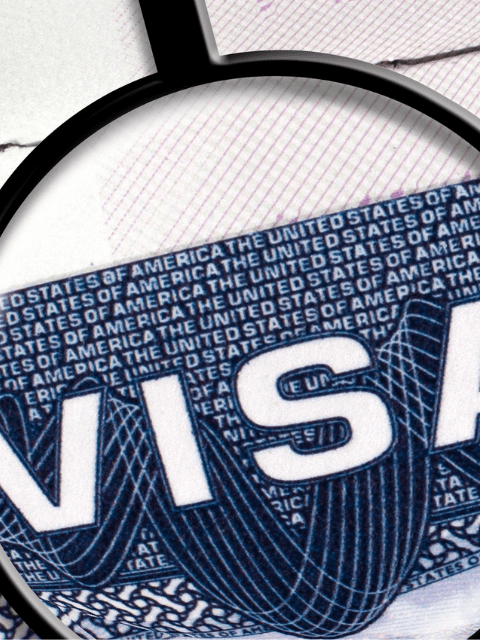Learn how to identify a Filipina scammer with this comprehensive guide. Get tips on recognizing the warning signs of potentially fraudulent activity, understand the psychology behind these scams and know how to protect yourself against them.
Due to several factors, Filipinas have an international reputation as scammers in online dating. One reason is that the Philippines has a large population of people living in poverty, which also makes it a prime target for scammers looking for vulnerable victims. Additionally, the Philippines has a large population of English speakers, making it easier for scammers to communicate with victims in English.
Another reason is that online dating scams involving Filipinas have been widely reported in the media, which has led to a perception that these scams are more common among Filipinas than other groups. This is not to say that all or even most Filipinas are scammers, but rather that a small number of scammers have given the country a bad reputation.
Furthermore, the Philippines is a popular destination for foreign men seeking partners. Scammers take advantage of this by creating fake profiles and pretending to be interested in a romantic relationship to scam money out of unsuspecting victims.
It’s important to remember that online dating scams can happen to anyone, regardless of background or nationality, and that it’s always best to be cautious and trust your instincts when communicating with someone online.

That said, there are several red flags to look out for when trying to spot a Filipina scammer while dating online. Some things to watch out for include the following:
- Asking for money: If the person you are communicating with starts asking for money, whether it be for a plane ticket, medical expenses, or other reasons, it’s likely that they are a scammer.
- Pressure to move the conversation off the dating site: Scammers may try to move the conversation to another platform, such as email or WhatsApp, to avoid being detected by the dating site.
- Unusually attractive profile: Scammers often use fake photos and profiles to lure in their victims, so be wary of profiles that seem too good to be true.
- Lack of personal information: A scammer may refrain from answering personal questions or providing detailed information about themselves to avoid being caught.
- Asking for personal information: Be cautious of anyone who asks for personal information, such as your address or financial information.
- Requesting bank account or credit card information.

She’s Asking for Money
One of the key red flags to look out for when trying to spot a Filipina scammer while dating online is if the person you are communicating with starts asking for money. This can happen in a variety of ways, such as:
- Asking for money to be wired to them or a third party
- Requesting that you send them a gift card or transfer money to a specific bank account
- Claiming to have a financial emergency and asking for money to help them out
Scammers often come up with elaborate stories to explain why they need money, such as needing help with medical expenses, paying for a plane ticket to visit you, or paying for a visa. They may also make you feel guilty or ashamed for not helping them out.
Remember that if someone you have never met in person is asking for money, it is likely a scam. Never send money to someone you have only met online, no matter how convincing their story may seem. It’s best to stop communicating with that person and report them to the dating site.

She Wants You Move the Conversation Off the Dating Site
Look out for when the person you are communicating online with tries to move the conversation off the dating site. This can happen in a variety of ways, such as:
- Asking for your email address or phone number
- Sending you a link to another messaging platform, such as WhatsApp or Viber
- Suggesting that you continue the conversation on another site or app
Scammers may try to move the conversation off the dating site for a few reasons. One reason is that they want to avoid being detected by the dating site’s fraud detection systems. Another reason is that they want to be able to communicate with you in private and without the dating site being able to monitor the conversation.
Be cautious when someone you have never met in person wants to move the conversation off the dating site. If you decide to move the conversation off the dating site, use a separate email address and phone number, and do not give out any personal information.
Remember that legitimate people may ask to move the conversation off the dating site, but be sure to know them well enough before giving any personal information.

Her Profile Appears to be too Good to be True
Be wary when the person’s profile seems too good to be true. This may include things like:
- Unusually attractive photos: Scammers often use fake or stolen photos to create more attractive profiles than in real life.
- Photos that look professionally done: Scammers may use professionally taken photographs that they have found online or paid for to make their profiles more convincing.
- Photos that look too perfect: Be wary of profiles with only perfect-looking images, with no flaws or imperfections, as this can signify that the pictures are fake.
- Photos that look like stock images: Scammers sometimes use stock images or photos from modeling sites to create their profiles, which can be easily found by doing a reverse image search.
A reverse image search is one way to determine if the photos are fake. You can do this using a search engine like Google or a free reverse image search tool like TinEye or Google image search.
By uploading the image or pasting the image URL, the search engine will show you where the image has been used before and if it is a stock image or a genuine one.
Remember that not all attractive profiles are fake, but it’s better to be cautious and verify before giving personal information or money.

She Avoids Answering Personal Questions
It’s a foolproof red flag when the person you are communicating with avoids answering personal questions or providing detailed information about themselves. Scammers often avoid answering personal questions or providing detailed information about themselves to avoid being caught. They may also use fake details or pretend to be someone else.
Here are some things to watch out for:
- They avoid answering specific questions about themselves
- They do not have a social media presence
- They give vague or generic answers to your questions
- They are not able to answer questions about their background or lifestyle
- They refuse to provide proof of their identity.
Be skeptical of anyone unwilling or unable to provide detailed information about themselves, especially if you consider meeting them in person. Asking specific questions and requesting verifiable information such as ID can help you establish their identity and avoid scammers.

She Requests Excessive Personal Information
Another red flag to look out for when trying to spot a Filipina scammer while dating online is if the person you are communicating with asks for your personal information, such as your address, financial information, or unique identification numbers (PINs). Scammers may ask for this information to steal your identity or access your bank account.
Here are some things to watch out for:
- They ask for your personal information, such as your address or financial information
- They ask for your login credentials or passwords
- They ask for your credit card or bank account information
- They ask for your Social Security number or other government-issued identification numbers
- They ask for a copy of your passport or ID card
Be cautious when someone you have never met in person asks for your personal information. Never give out your personal information, login credentials, or financial information to someone you have only met online. Be extra vigilant if they ask for sensitive personal information such as your ID or passport, as these are often used for identity theft.

She Requests Your Bank Details
Never divulge your bank account or credit card information. Scammers may ask for this information to steal money from your account or to make fraudulent transactions on your credit card.
Here are some things to watch out for:
- They ask for your bank account number or routing information
- They ask for your credit card number, expiration date, and security code
- They claim that they need this information to make a payment or transfer money to you
- They ask you to make a payment or transfer money to a specific bank account
Be cautious when someone you have never met in person asks for your bank account or credit card information. Never give out this information to someone you have only met online, even if they claim they need it to make a payment or transfer money to you. Scammers may use this information to steal your money or make fraudulent transactions. If the person you are communicating with is asking for this information, it’s best to stop communicating with them and report them to the dating site.

Other Not-So-Obvious Signs that a Filipina may be Playing the “Long Con” with You
Long con – A scam in which the scammer takes an extended period (usually weeks, months, or longer) to defraud the victim by first slowly gaining their trust.
Here are some not-so-obvious signs that a Filipina may be lying and playing the “long con” with you:
- She is in a rush to move the relationship forward: If a Filipina is scamming you, she may be in a hurry to move the relationship forward, such as asking you to move in together or to start a business together before you’ve had a chance to get to know each other.
- She is evasive about personal details: If a Filipina is scamming you, she may be reserved about personal information, such as where she lives, works, or what she does for a living.
- She avoids meeting in person: If a Filipina is scamming you, she may avoid meeting in person, giving excuses such as living far away or not having the money to travel.
- She asks for financial help: If a Filipina is scamming you, she may ask for financial assistance, such as money for a medical emergency or a visa to visit you.
- She is always in a crisis: If a Filipina is scamming you, she may always be in a situation, such as having her phone or laptop stolen and asking for money to replace them.
- She is not interested in getting to know you: If a Filipina is scamming you, she may not be interested in getting to know you and only wants to talk about herself or her problems.
- She is not consistent in her story: If a Filipina is scamming you, she may not be constant in her story, such as changing her name, age, or location.
- She is not interested in video calls or meeting you in person: If a Filipina is scamming you, she may not be interested in video calls or meeting you in person, which could be a sign that she is using someone else’s pictures or identity.
Remember that online dating “long cons” can happen to anyone, regardless of background or nationality, and that it’s always best to be cautious and trust your instincts when communicating online.

What if the Roles Were Reversed and Someone Accuses You of Scamming?
If someone accuses you of scamming when you are not, here are some things you can do:
- Remain calm: It can be frustrating and hurtful to be falsely accused of something, but it’s critical to remain calm and not take the accusations personally.
- Gather evidence: Gather evidence that proves your innocence, such as screenshots of conversations or emails. This can help defend yourself against the accusations.
- Reach out to the dating site: Contact the site where the accusations are made and inform them about the situation. They may be able to provide additional information or take action against the person who made the false accusations.
- Be prepared to provide proof: Be ready to provide evidence of your identity, such as a government-issued ID, to clear up any confusion or doubts.
- Speak with a lawyer: Consult with a lawyer if the accusations continue or if you feel that your reputation or legal rights have been affected.
- Don’t engage: Avoid engaging with the person who made the false accusations, as this can be counter-productive and potentially harmful.
- Remember that it’s not your fault: Remember that you are not at fault for someone else’s false accusations and that you have done nothing wrong.
False accusations can happen to anyone, so you must be mindful of your actions and prepare to defend yourself. In most cases, the truth will come out, and the false accusations will be cleared up.

What if You’re a Filipina Being Accused Falsely of Scamming
As a Filipina, here are some things you can do to avoid being accused of scamming online:
- Be honest: Be honest about who you are and what you are looking for. Avoid using fake photos or creating a fake persona, as this can lead to accusations of scamming.
- Don’t ask for money: Never ask for money from someone you have only met online, as this is a typical red flag for online dating scams.
- Verify identities: Verify the identity of the people you are communicating with by asking for additional information or proof of identity.
- Be careful with personal information: Be cautious with the personal information you share online, and avoid giving out sensitive information such as your address or financial information.
- Use caution when meeting in person: Use caution when meeting someone you have only met online. Be sure to meet in a public place, and take a friend or family member with you.
- Be careful with the communication channel: Be cautious with your communication channel, use a reputable dating site, and be aware of the risks of using messaging apps and social media.
- Report suspicious behavior: If someone you are communicating with seems suspicious or behaves in a way that makes you uncomfortable, report their behavior to the dating site and stop communicating with them.
By following these tips and being aware of the potential risks, you can help to protect yourself and others from online dating scams.

How Do You Report a Scam?
Aside from reporting the scam to the dating site, there are several other steps you can take to report a scam in the US:
- Report it to your local police: You can contact your police department and report the scam. They may be able to open an investigation and take action against the scammer.
- Contact your bank or financial institution: If the scammer has obtained your financial information or has made unauthorized transactions on your account, contact your bank or financial institution immediately. They may be able to freeze your account, issue a refund, or take other steps to protect you from financial loss.
- File a complaint with the Federal Trade Commission (FTC): You can file a complaint with the Federal Trade Commission (FTC) by visiting their website or by calling their toll-free number: 1-877-FTC-HELP (1-877-382-4357). They will use the information you provide to help identify and investigate scammers.
- Reach out to the FBI’s Internet Crime Complaint Center (IC3): If you feel that the scammer is operating from outside the US, you can reach out to the FBI’s Internet Crime Complaint Center (IC3). They will use the information you provide to investigate and identify the scammer.
- Contact the National Cyber-Forensics & Training Alliance (NCFTA): You can contact the National Cyber-Forensics & Training Alliance (NCFTA) to report the scam. They specialize in investigating and preventing cybercrime and may be able to provide additional assistance.
To report a romance scam in the Philippines, you can take the following steps:
- Report it to the Philippine National Police (PNP) Anti-Cybercrime Group (ACG): You can contact the PNP Anti-Cybercrime Group (ACG) by calling their hotline: at +63 2 7230401 or by emailing them at cybertipd@pnp.gov.ph. They will use the information you provide to investigate and identify the scammer.
- File a complaint with the National Bureau of Investigation (NBI): You can file a complaint with the National Bureau of Investigation (NBI) by visiting their website or calling their hotline: +63 2 523 8231. They will use the information you provide to investigate and identify the scammer.
- Contact the Cybercrime Investigation and Coordinating Center (CICC): You can contact the Cybercrime Investigation and Coordinating Center (CICC) by visiting their website or calling their hotline: +63 2 8888-7777. They will use the information you provide to investigate and identify the scammer.
- Report it to the Anti-Money Laundering Council (AMLC): If the scammer has obtained your financial information or has made unauthorized transactions on your account, contact the Anti-Money Laundering Council (AMLC) by visiting their website or by calling their hotline: +63 2 877-7634. They may be able to freeze your account, issue a refund, or take other steps to protect you from financial loss.
- File a complaint with the Securities and Exchange Commission (SEC): If the scammer has used a fraudulent investment scheme to scam you, you can file a complaint with the Securities and Exchange Commission (SEC) by visiting their website or by calling their hotline: +63 2 818-6047.
Report the scam as soon as possible to increase the chances of catching the scammer and prevent other people from being scammed. Keep all the evidence and documentation related to the scam, such as emails, text messages, and financial transactions.
Remember, online dating can be a great way to meet new people, but you must be cautious and trust your instincts when communicating with someone online.
If you suspect you are being scammed, don’t hesitate to report it to the authorities and the dating site.
Stay safe.



